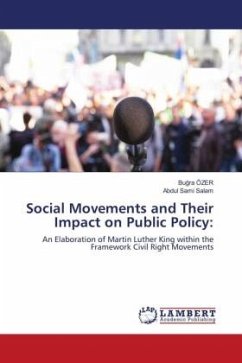Since the end of apartheid and the election of the African National Congress (ANC), South Africa has undergone a process of political and social transformation. An increasing disenchantment with the ANC has led to the renewal of grassroots advocacy, this time in the face of the democratically elected government. In order to maintain a system of checks and balances, the Treatment Action Campaign (TAC) has used advocacy, legal channels and awareness campaigns to challenge the state and international companies to provide anti-retroviral treatment to HIV-infected persons and counselling and support to HIV-affected persons. By analyzing the structure, activities, goals and accomplishments of TAC, this work explores how it represents an innovation in social movements in post-apartheid South Africa. Further, it enters in a debate on how the naming of social movements in South Africa has become increasingly politicized, thus affecting their activities and goals and how they are perceived by other political actors.








